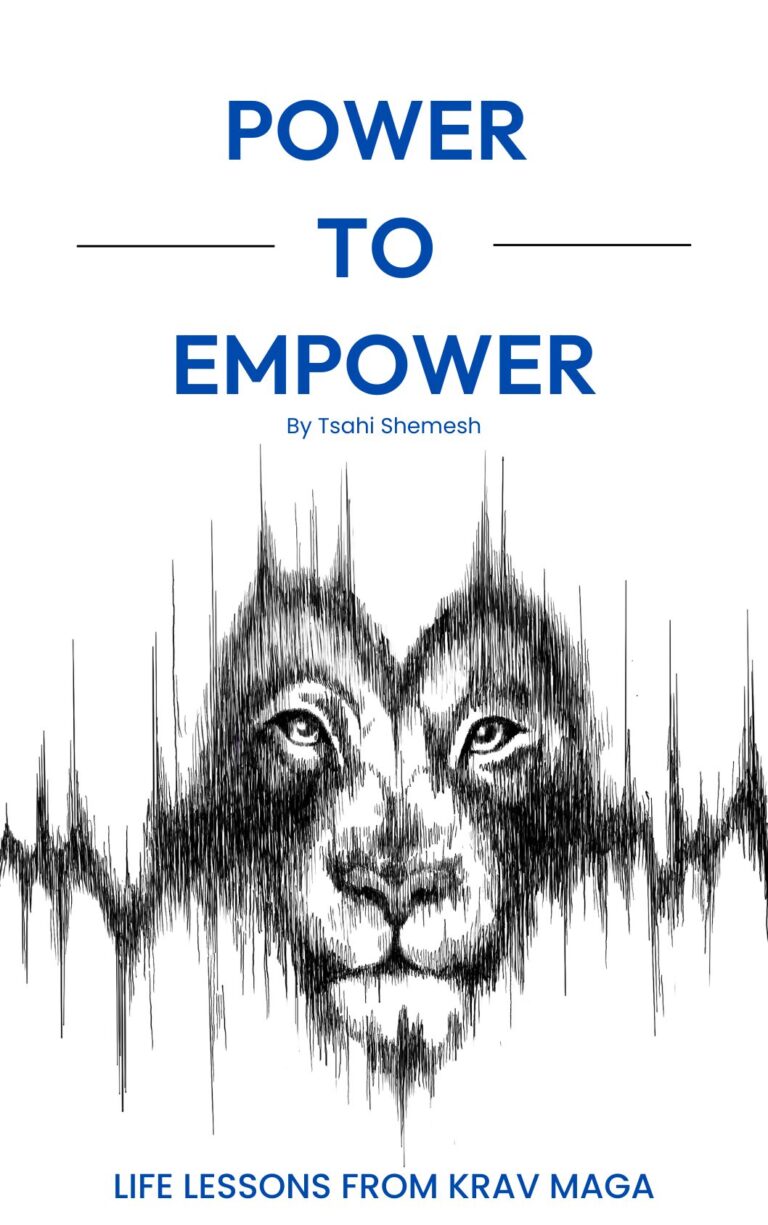The Five Kind Of Stalkers

Understanding Stalkers:
Identifying the Threats and How to Stay Safe
Stalking affects millions of people around the world and can be dangerous. It is a form of harassment that can cause severe psychological and emotional distress for the victim. It is often based on obsession (a persistent unhealthy preoccupation with a particular person) and can stem from various factors, such as unrequited love, a desire for control or power, a need for revenge, or a mental illness.
There are different types of stalking, each with its own set of motivations and characteristics. And understanding the different types of stalking is crucial to identifying and preventing this harmful behavior.
In cases of stalking, the obsession is directed towards a victim, and the stalker has an overwhelming desire to establish or maintain a relationship with the victim, even if the victim does not reciprocate or has ended the relationship. The stalker’s thoughts and behaviors towards the victim become all-consuming and may interfere with their ability to function in daily life.
Obsession is one of the key characteristics of many types of stalking, particularly the Intimacy Seeking and Rejected Stalker types (which you will learn about later in this post).
There are five common types of stalkers: the Rejected Stalker, the Resentful Stalker, the Intimacy Seeking Stalker, the Incompetent Suitor, and the Predatory Stalker. By shedding light on these distinct stalker types, we hope to raise awareness about this pervasive issue and encourage people to seek help if they or someone they know is being stalked.
The Rejected Stalker is a type of stalking that occurs when a close relationship has broken down. Typically, the victim is a former sexual partner, but family members, close friends, or others with a strong emotional connection to the stalker can also be targeted. The initial motivation of the Rejected stalker is usually one of two things: either attempting to reconcile the relationship or seeking revenge for a perceived rejection. In some cases, the stalker may have mixed feelings about the victim, vacillating between wanting to restore the relationship and wanting to inflict harm. For some, the stalking behavior may serve as a substitute for the past relationship, allowing the stalker to maintain a sense of closeness with the victim. For others, the behavior may serve to boost their damaged self-esteem and improve their self-image.
The Resentful Stalker engages in stalking behavior due to perceived mistreatment or injustice and seeks revenge or to “even the score” with the victim. This type of stalking typically targets strangers or acquaintances who the stalker believes has wronged them. In some cases, severe mental illness can contribute to paranoid beliefs about the victim, leading to stalking behavior as a way to “get back” at the perceived perpetrator. The stalker derives a sense of power and control from inducing fear in the victim, and may justify their behavior as a means of fighting back against oppression.
The Intimacy Seeking Stalker is typically driven by a strong desire for companionship and emotional connection, often stemming from a sense of loneliness. The targets of this type of stalking are usually strangers or acquaintances whom the stalker sees as potential romantic partners. In some cases, the stalker may have delusional beliefs about the victim, such as the belief that they are already in a romantic relationship, despite evidence to the contrary. This type of stalking is often maintained by the stalker’s belief that they have a special, intimate connection with the victim, providing a sense of gratification and fulfillment. It’s worth noting that Intimacy Seeking stalking is frequently associated with severe mental illness, such as erotomania.
The Incompetent Suitor is a stalker who often engages in stalking behavior due to feelings of loneliness or sexual desire, and they typically target strangers or acquaintances. However, unlike the Intimacy Seeker, their primary goal is not to establish a meaningful relationship, but rather to obtain a date or engage in a short-term sexual relationship. Although their stalking behavior is often short-lived, it can be maintained by a lack of awareness or disregard for the victim’s distress. Some Incompetent Suitors may have cognitive limitations or poor social skills due to conditions such as autism spectrum disorders or intellectual disability.
The Predatory stalker engages in deviant sexual practices and interests and targets strangers of any gender who become the object of their sexual desires. The stalking behavior is often initiated to obtain sexual gratification, such as through voyeurism or collecting personal information about the victim as a precursor to sexual assault. Predatory stalking can be both instrumental and gratifying for the stalker, who may derive a sense of power and control from targeting their victim. While it is true that many predatory stalkers are male and target female victims, it is not always the case. Predatory stalking can occur with any combination of gender and victim type.
Anyone can turn into a victim of such harassment. To be honest, I, too, experienced it with a couple of people in my past. I wasn’t at ease with it and felt extremely uncomfortable with the harassment, but I noticed that I am NOT feeling a few things that usually victims of stalking do feel:
- I didn’t feel my physical being was at risk.
- I didn’t feel helpless.
- I knew the person who was doing that was obsessed but not cable of hurting me and
making me feel bad about myself. The ability to defend myself allowed me to remain calm and see the situation more clearly.
- I limited my online presence and access to me to a minimum and made sure to restrict access to my accounts.
After seeing dozens of students suffering from the same problem and experiencing it myself, I am writing to you today the steps I believe would help you get out of this situation on top:
- Reporting it to the police is a crucial step, as they can investigate the situation and take appropriate legal action if necessary. Although, I wouldn’t hold my breath until law enforcement makes it right.
- Take measures to protect yourself, such as changing your phone number, installing security cameras, varying your daily routine, and informing friends and family about your situation.
- Don’t expect someone else to save you. The only person who can save you in real-time is you. If you have not started to train in self-defense just yet, obtaining these skills might sound like a distanced or hard-to-get goal. It is not. It is extremely obtainable. Although it won’t make you immune to threats or attacks, it will help you cope with it, and perhaps the confidence level you will project, for having been trained, would help deter potential threats.
While researching this topic, I was amazed to discover the lack of advice for self-empowerment from official / government sources. Learning these valuable life skills isn’t optional, in my opinion. It’s a must-know skill that helps individuals become stronger and better people.
Do something amazing,
Tsahi Shemesh
Founder & CEO
Krav Maga Experts

